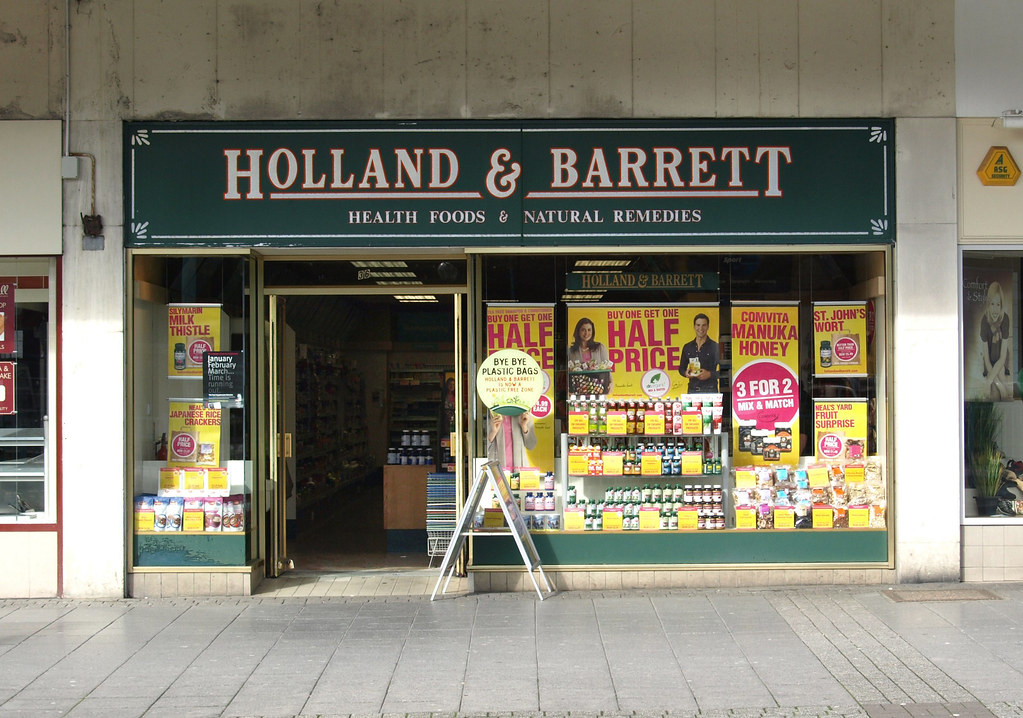New safety guidelines for CBD in the UK are spooking major retailers and could devastate the entire sector, stakeholders have warned following announcement of the changes last week.
The retailers say they intend to follow guidance from the Food Standards Agency (FSA), and will remove some CBD products in light of the updated recommendations, which drastically reduced the suggested total daily intake of CBD from 70mg per day to 10 mg per day.
The British Retail Consortium (BRC) said its members would “follow any and all FSA advice on the sale of products containing CBD oil, and take their obligations around these products very seriously.”
Effects feared
London-based The Canna Consultants (TCC) called the changes “a dagger blow to the whole of the UK CBD industry” that “will lead to confusion amongst consumers; a lack of investor confidence; loss of revenues across the industry; an increase in staff layoffs; and reduced tax revenues.”
Mike Barnes of Maple Tree Consultants, a London cannabis advisory, said, “The latest announcement by the FSA is, to say the least, disappointing,” and suggested the maximum daily limit of 10mg is “unsupported by any solid evidence base.”
“As the average dose needed to have a well-being or medical effect is between 60 and 120mg daily then effectively this recommendation will shut down the industry,” Barnes said.
Product removals begin
UK health and wellness chain Holland & Barrett has already removed more than 30 CBD products from its stores because single servings exceed 10mg of CBD. The company said the products were removed as “a temporary measure so we can make sure we are giving our customers the latest guidance.”
Among brands initially affected at Holland & Barrett outlets and on the company’s website are CBDfx gummies, which contain 25mg CBD per piece, and Trip-brand drinks, which contain 15mg of CBD per 250ml can, according to The Grocer website.
“Whilst it remains legal for these products to remain on sale, we are acting in an abundance of caution,” Holland & Barrett said. “We are committed to working with the FSA and the wider industry to share safety data as the FSA continue to develop their thinking on this topic.”
Leading grocers Tesco and Waitrose said they are also aligned with the BRC position and would be reviewing their CBD stocks carefully.
Background
FSA lowered the recommended daily dosage for CBD in light of a position paper from key government committees, which reviewed data collected during the agency’s safety assessment of more than 12,000 products that are candidates for market approval under UK rules for new or “novel” foods.
FSA further advised that CBD should not be taken by children, those taking medication, pregnant or breastfeeding mothers, and those trying to conceive, noting there is evidence of some adverse impacts on the liver and thyroid.
FSA sent out warnings about CBD in early March as it released a report that claims 10 people have died from taking the products. FSA said it had received 860 reports of adverse reactions (over an unspecified period) as of this past February.
Nothing mandatory
Under the latest recommendation for daily intake, which is not enforceable, FSA said individual retailers should determine whether they will stock products with single doses over the new daily limit. The agency did not order products recalled from the market, and said producers are not required to make changes to packaging and other consumer communications.
European Industrial Hemp Association (EIHA) board member) and UK representative Tony Reeves said the new limit is “extremely low even in the context of our own derived ADI (acceptable daily intake), which is already very conservative in relation to the ‘exposure scenario’ and associated assumptions.” EIHA has proposed a daily CBD dosage of 17.5mg to the European Food Safety Authority.
Barnes added: “I should point out that children with epilepsy need about 10mgs/kg (or more with an isolate CBD) and that dose is considered safe given that Epidyolex (a nearly pure CBD) has a medical license. So why is 10mgs considered a top limit when children take 50 times that amount, or more?”
Contrarian view
One CBD maker, Pureis, took a contrary point of view: “This announcement represents a crucial step toward ensuring that consumers have access to safe CBD products in the market,” said the company’s founder, Caroline Coen.
“We sincerely appreciate and welcome the valuable advice provided by the UK Food Standards Agency, and we will work collaboratively with them to ensure that our product continues to align with the highest standards of safety,” she added.

